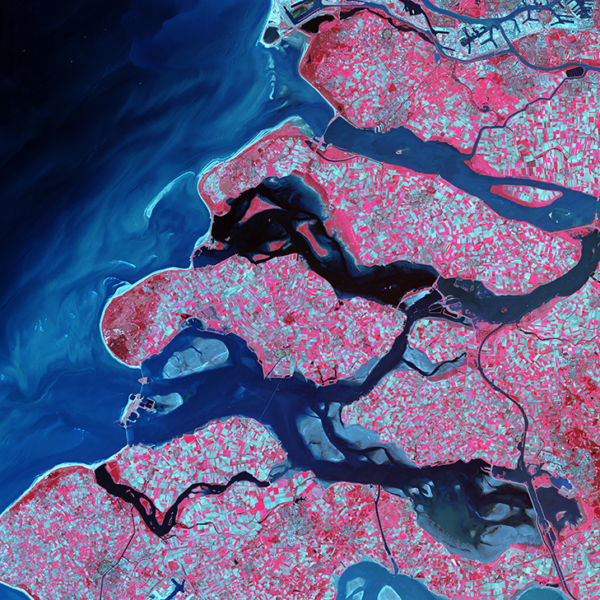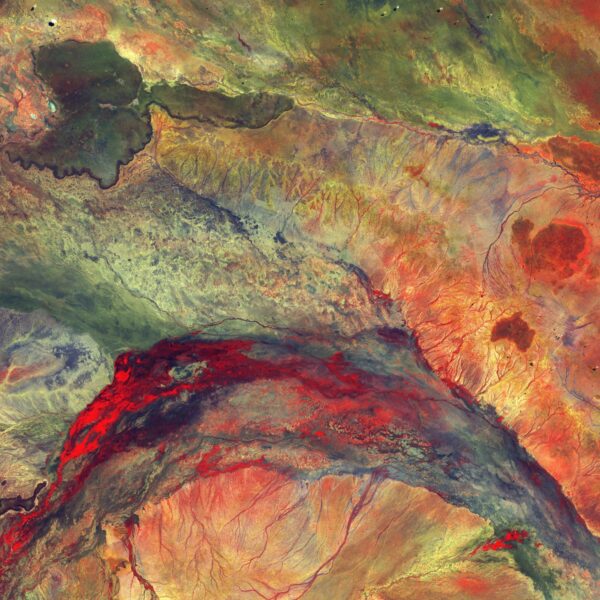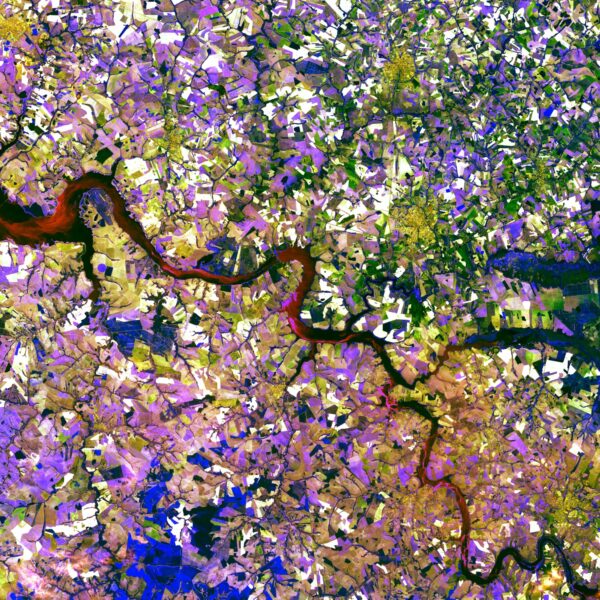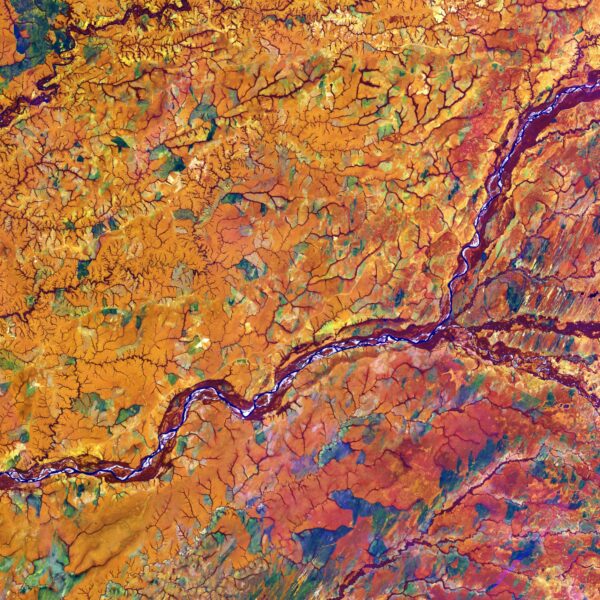Our work


Adaptation
Climate change is happening now, and adaptation efforts are struggling to keep up. As global temperatures rise, adaptation will become harder, and in vulnerable places, limits will be reached. Adaptation has become an urgent priority for vulnerable countries.
We advise on adaptation planning with a special focus on transformational change to address long-term challenges. We also analyse the costs and effectiveness of different options to inform policymakers.

Climate diplomacy
We provide strategic, technical and real-time negotiations support and capacity building to countries on the frontlines of the climate crisis, Small Island Developing States (SIDS) and Least Developed Countries (LDCs), in international climate forums including the United Nations Framework Convention of Climate Change, Paris Agreement, Intergovernmental Panel on Climate Change and Green Climate Fund.

Climate finance
Our team supports developing countries to access climate finance and deliver on their climate mitigation and adaptation objectives. We engage with governments to design transformational project concept notes and proposals for multilateral institutions such as the Green Climate Fund. We also provide thought leadership on climate finance, including on the quality, accessibility, balance and size of funds.

Climate impacts and risks
We research how climate impacts – from storms and droughts to fires and water scarcity – are affecting peoples and ecosystems around the world, and what could happen at higher levels of warming.
Our impacts work is used as evidence in climate negotiations, in climate litigation cases and to inform policymakers of the risks associated with delayed action.

Climate justice
We support the development of inclusive climate policies, conduct scientific research on equitable and fair climate action, support for just transition and provide thought leadership on climate justice.
We also conduct independent assessments on climate impacts related to policy inaction to support climate litigation cases.

Decarbonisation targets and 1.5℃ pathways
To help governments, civil society and the private sector understand the pace of change required, we develop new methods to calculate the emission reductions needed to decarbonise in line with this planetary limit.

Loss and damage
Many countries are already experiencing climate-related loss and damage, from the devastation caused by floods and wildfires, to migratory pressures resulting from slow onset events like sea level rise.

The 1.5°C limit
The 1.5°C warming limit is the cornerstone of ambitious climate action. The science tells us keeping within this limit is feasible and is essential if we are to avoid permanent and devastating climate impacts.
We have pioneered science detailing the impacts of warming at 1.5°C compared to higher levels of warming to illustrate the relevance and urgency of climate action. Our policy analysis and advice is also framed around this limit to set out what climate action in line with the best science looks like from national to global levels.